AeroGenie — Uw intelligente copiloot.
Trending
Categories
Domestic Aviation MROs Expand as Industry Recovers from COVID-19
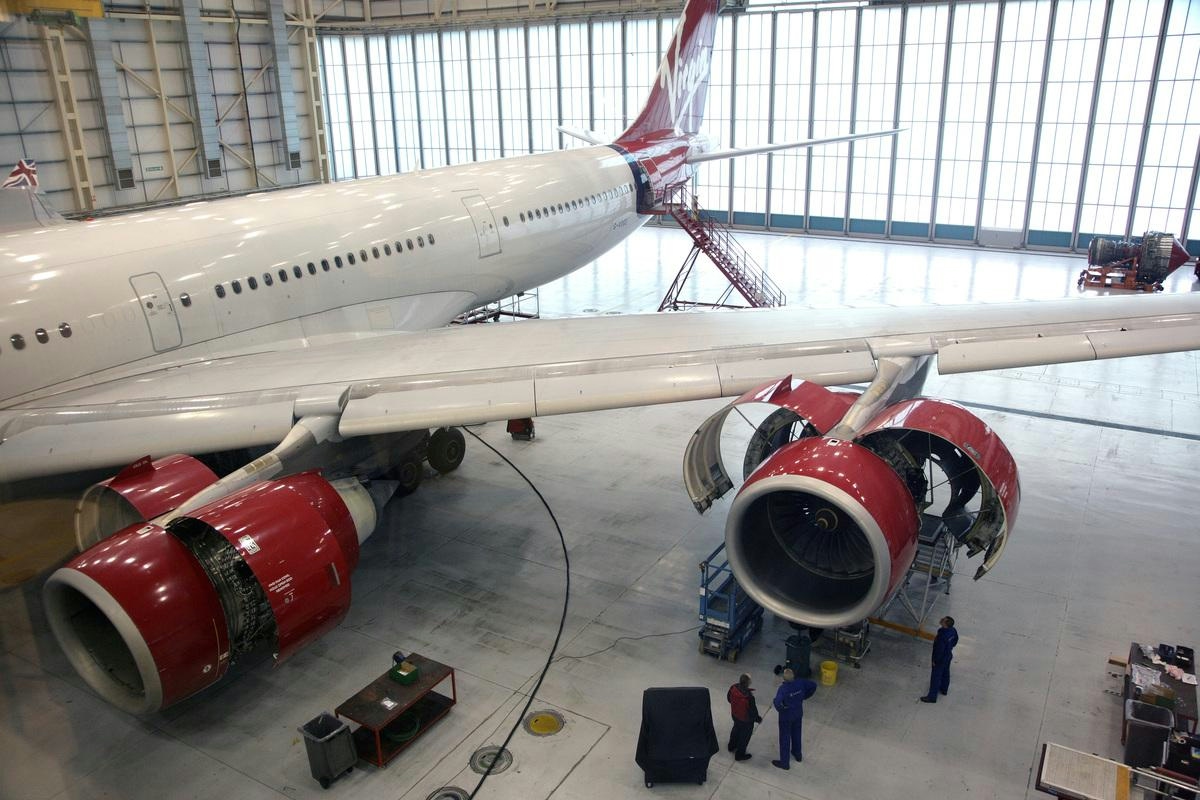
Domestic Aviation MROs Expand as Industry Recovers from COVID-19
As the global aviation industry gradually recovers from the profound disruptions caused by the COVID-19 pandemic, domestic Maintenance, Repair, and Overhaul (MRO) providers in Korea are experiencing rapid expansion. This growth is intensifying competition within the sector and contributing to its overall development. MRO services, which encompass all essential maintenance activities required to keep aircraft in optimal operational condition, have become increasingly critical as airlines scale up operations to meet the resurgence in travel demand.
Growth and Challenges in the Domestic MRO Sector
Prominent domestic companies such as Korean Air, Sharp Technics K, Korea Aerospace Industries (KAI) subsidiary Korea Air Service, and Hanwha Aviation have capitalized on their accumulated expertise to establish and expand their presence in the MRO market. This development represents a significant milestone for Korea’s aviation industry, which has historically depended heavily on overseas providers for most MRO services beyond routine line maintenance.
Despite this progress, the domestic MRO sector faces considerable challenges in its pursuit of international competitiveness. The industry is characterized by high barriers to entry, requiring substantial investments in infrastructure such as hangars, advanced equipment, and compliance with stringent global standards. Airframe maintenance remains particularly labor-intensive, accounting for over 70% of labor costs, while engine and component maintenance demand sophisticated technology but involve less manual labor.
Workforce shortages and escalating costs of parts and labor are emerging as critical obstacles. The need for advanced training programs is increasingly evident, as domestic capabilities continue to lag behind those of global leaders. Furthermore, Korea’s relatively high labor costs compared to Southeast Asian competitors exacerbate the challenge of maintaining cost competitiveness in the international market.
Market Impact and International Competition
The expansion of domestic MRO capabilities has elicited positive responses from the market. Airlines such as Jetstar, Qantas, and Virgin Australia have reported improvements in on-time performance, underscoring the operational benefits of enhanced maintenance services. On the international front, competitors are responding with aggressive expansion strategies. For instance, Jets MRO has tripled its workforce and become the largest employer at Dallas Executive Airport, while companies like Signia and Dassault have also broadened their MRO operations.
Policy and Structural Reforms Needed
To further strengthen Korea’s domestic MRO industry, several systemic reforms are necessary. The current parts certification process, although broadly aligned with those of the U.S. Federal Aviation Administration (FAA) and the European Union Aviation Safety Agency (EASA), remains cumbersome. This complexity often incentivizes companies to import parts at lower costs rather than pursue domestic certification. Introducing a certification delegation system and establishing mutual aviation safety agreements could foster a more robust industrial ecosystem.
Additionally, the Korean Supplemental Type Certificate (K-STC) system, which governs aircraft design changes, is underutilized. Most modifications still require approval from the FAA or EASA, limiting innovation and export potential. Streamlining this approval process would facilitate greater flexibility and growth.
Investment incentives also require reform. The current donation and collection system for maintenance complexes at Incheon International Airport, set to expire in 2032, presents obstacles to long-term investment. Transitioning to a rental model or extending the donation period could attract more foreign MRO operators and support sustainable industry growth.
Finally, addressing labor cost challenges through the utilization of foreign mechanics is critical. Given that labor expenses constitute a significant portion of operational costs, implementing a mutual recognition system for aviation mechanic qualifications and allowing more flexible employment of overseas personnel could reduce costs and enhance competitiveness.
As Korea’s aviation sector continues its recovery, addressing these challenges will be essential for domestic MRO providers to secure a stronger position in the global market and to support the safe and efficient operation of the country’s expanding aviation industry.
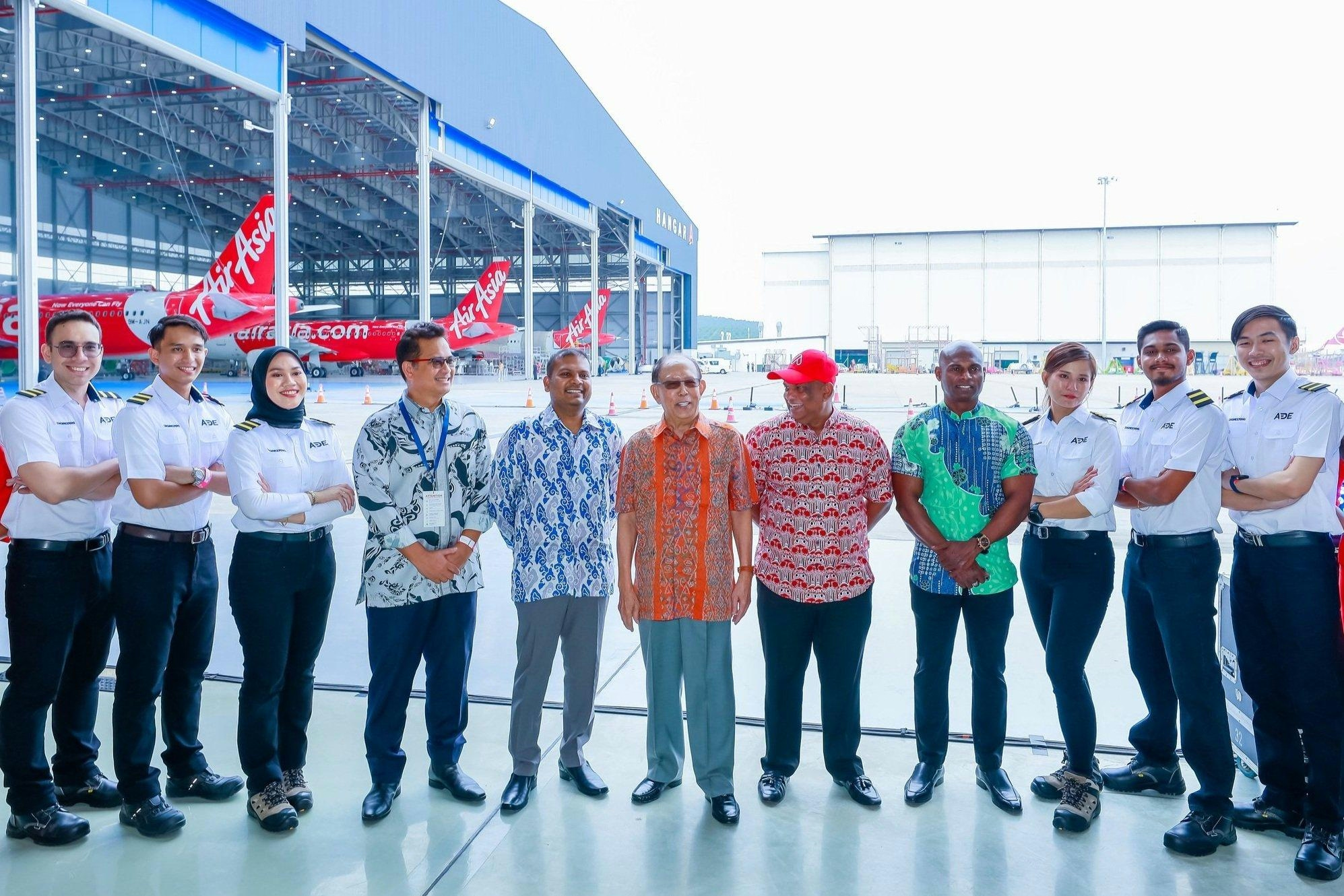
Cheongju Aeropolis Begins Construction on Aviation Maintenance Facility
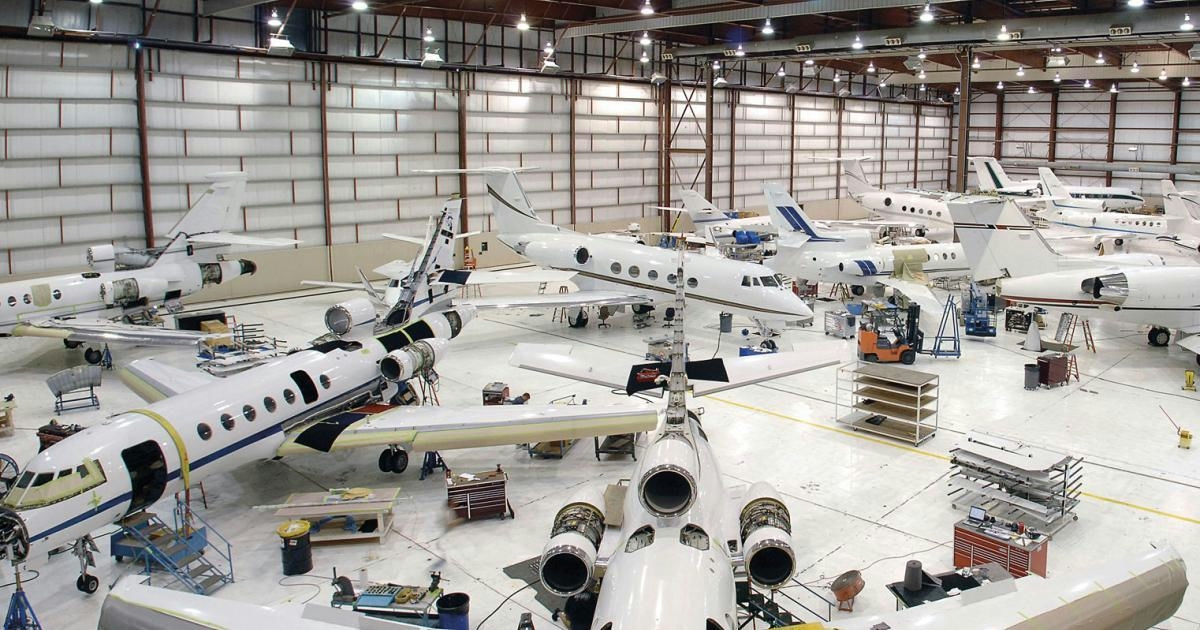
West Star Aviation Expands Mid-Atlantic Presence with DCJet Services Acquisition
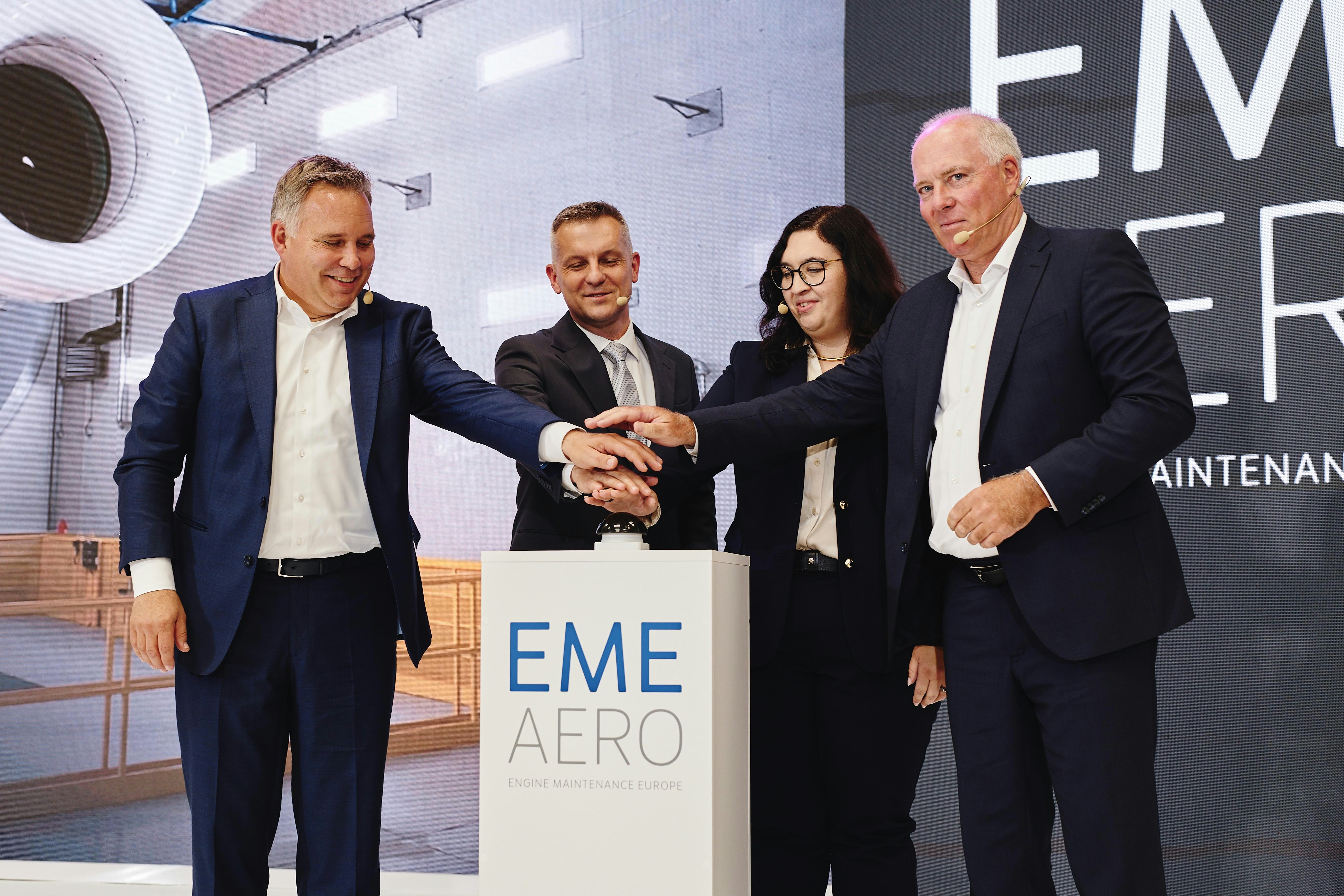
Lufthansa Technik Completes 1,000th Overhaul of P&W GTF Engine
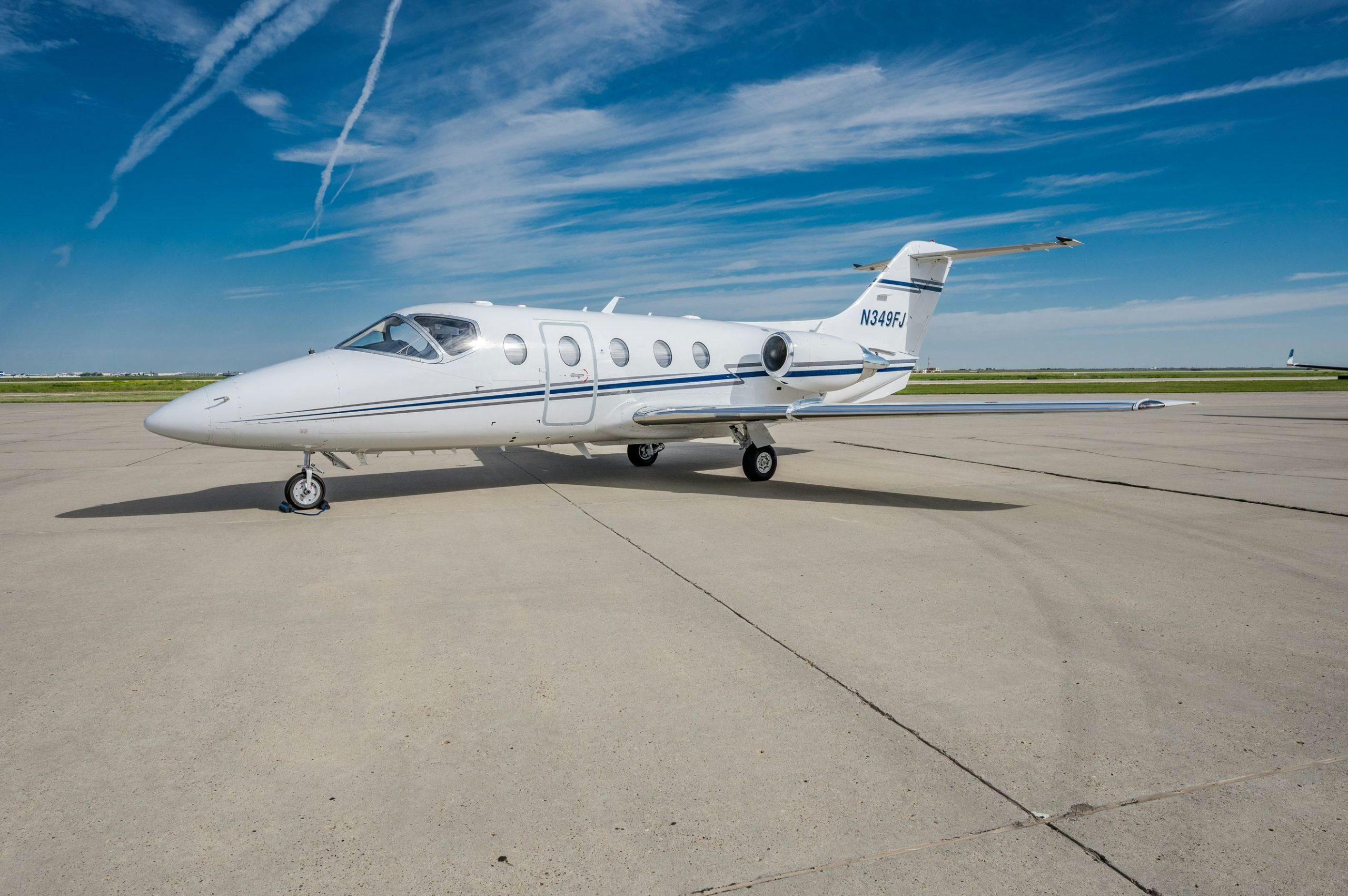
Haven ASG Launches FBO at Amarillo International Airport
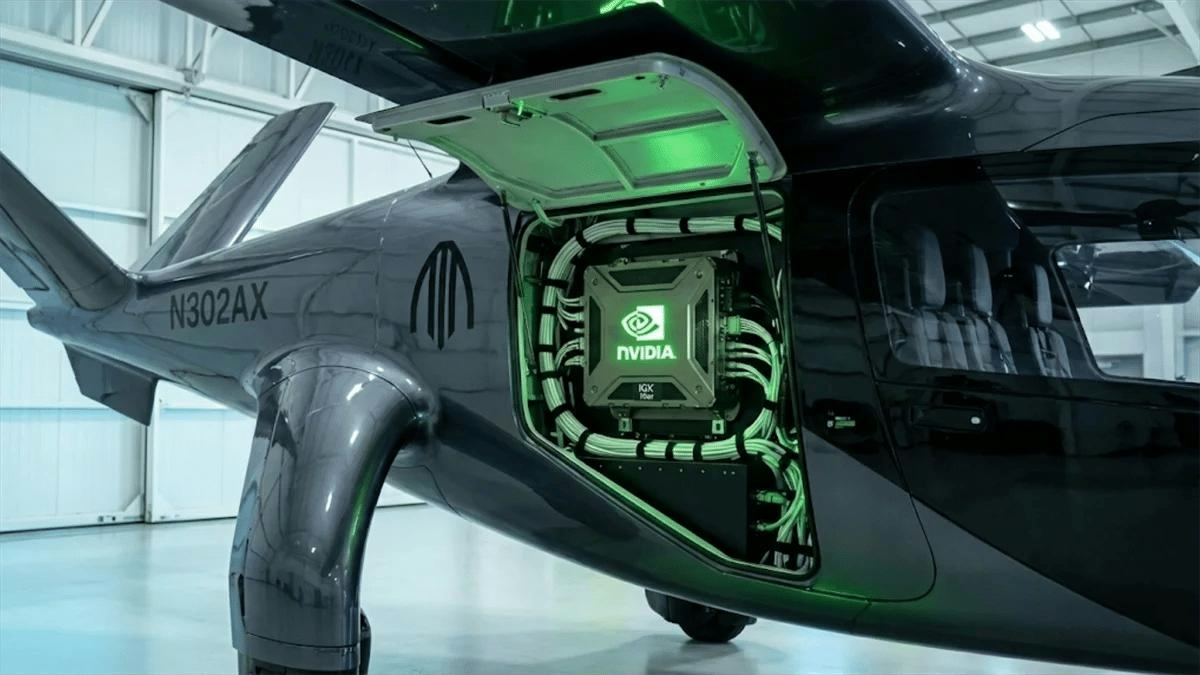
Archer Aviation Integrates NVIDIA’s IGX Thor into Air Taxi Systems
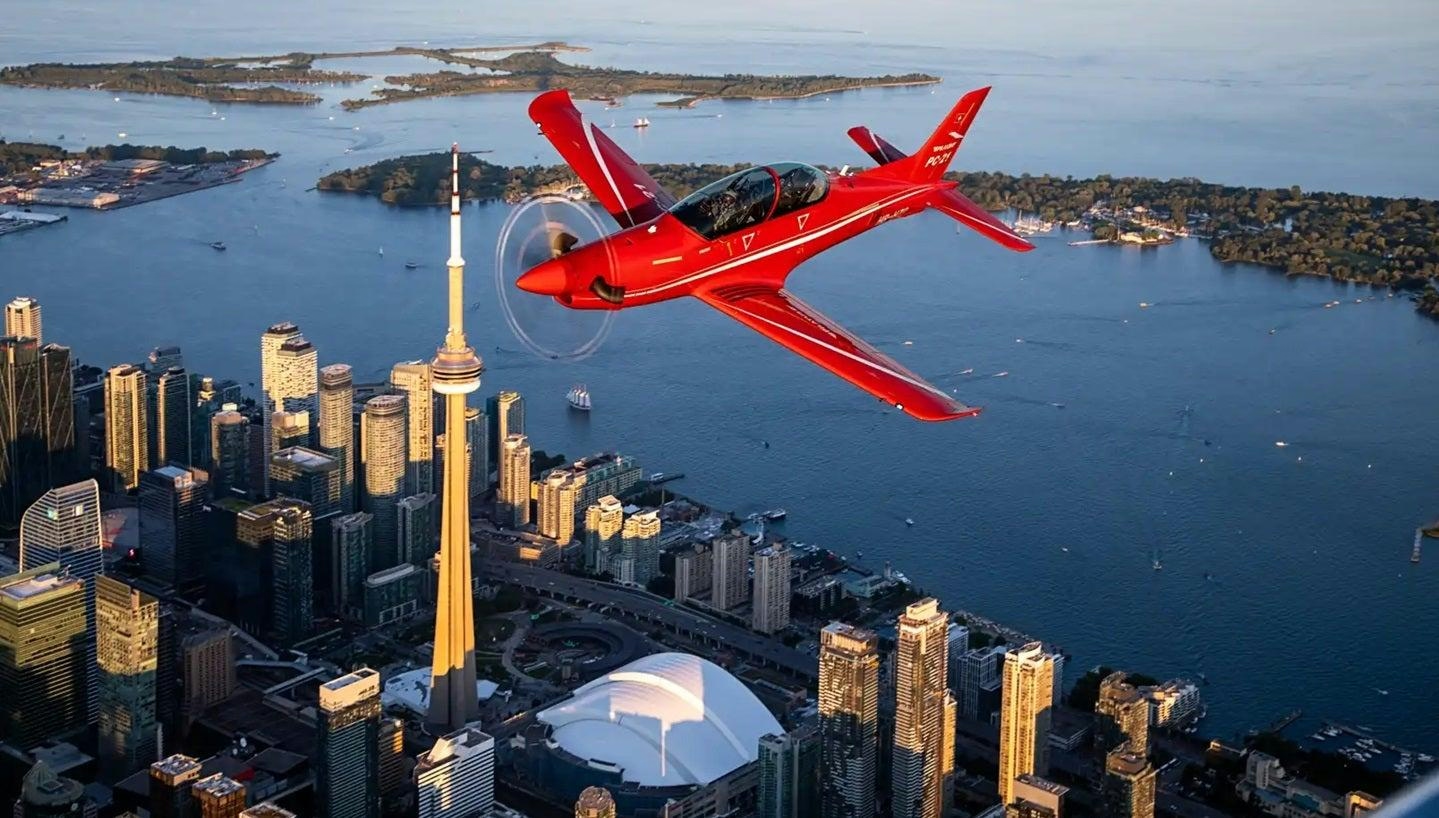
Pilatus Delivers 147 Aircraft in 2025 Despite Supply Chain Challenges
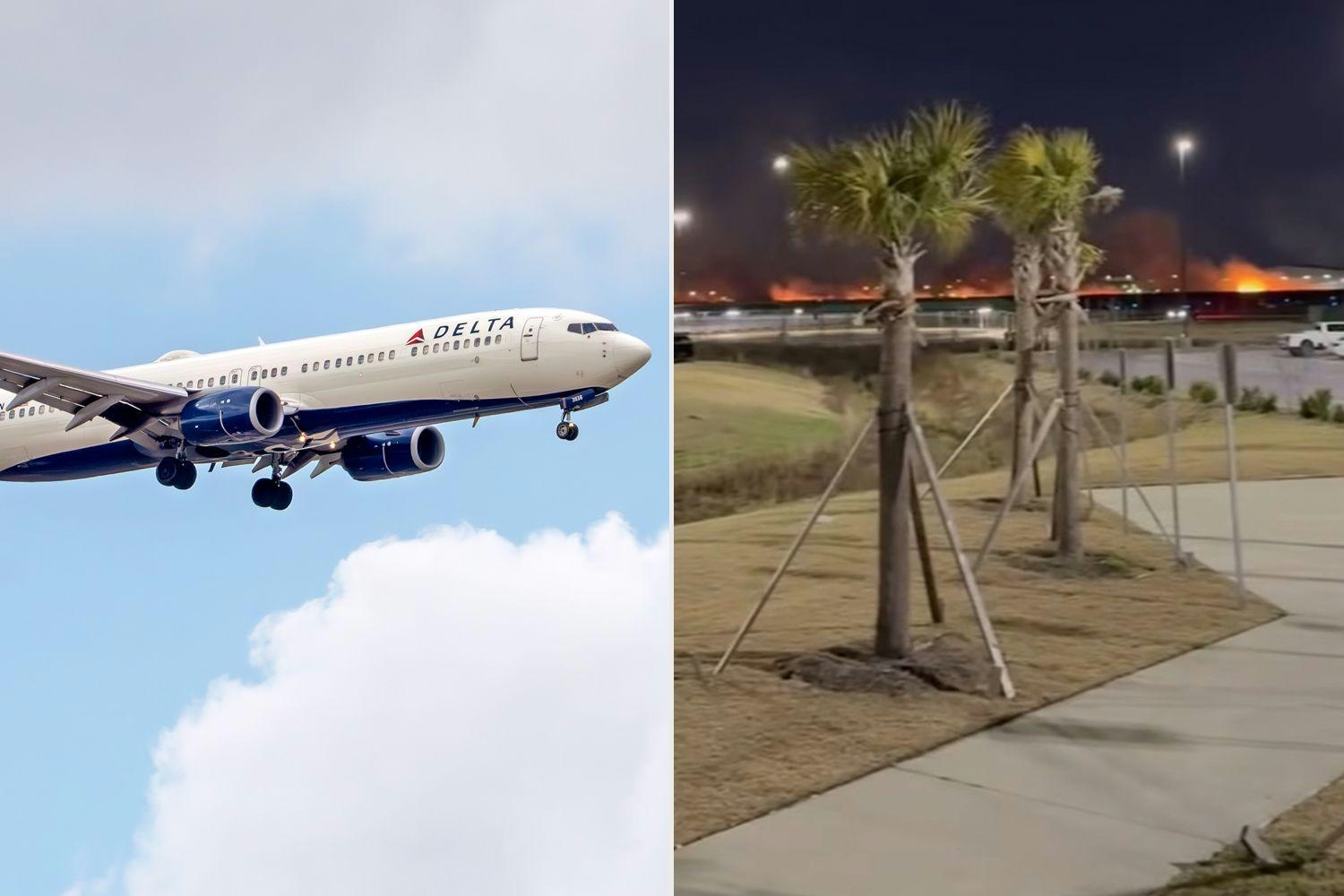
Boeing Jet Returns to Airport Following Engine Fire Warning
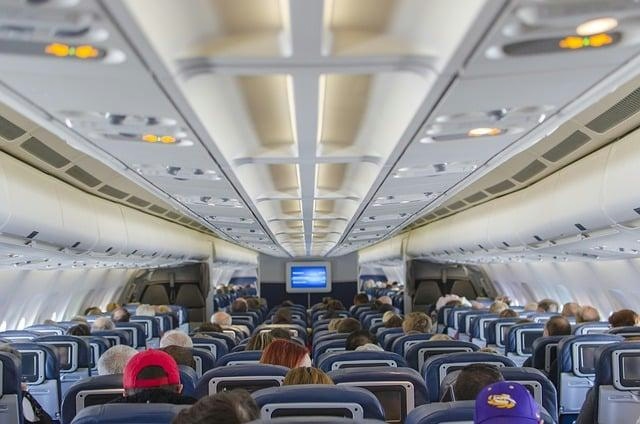
AENA Executives' Tactics Do Not Justify Fee Increases
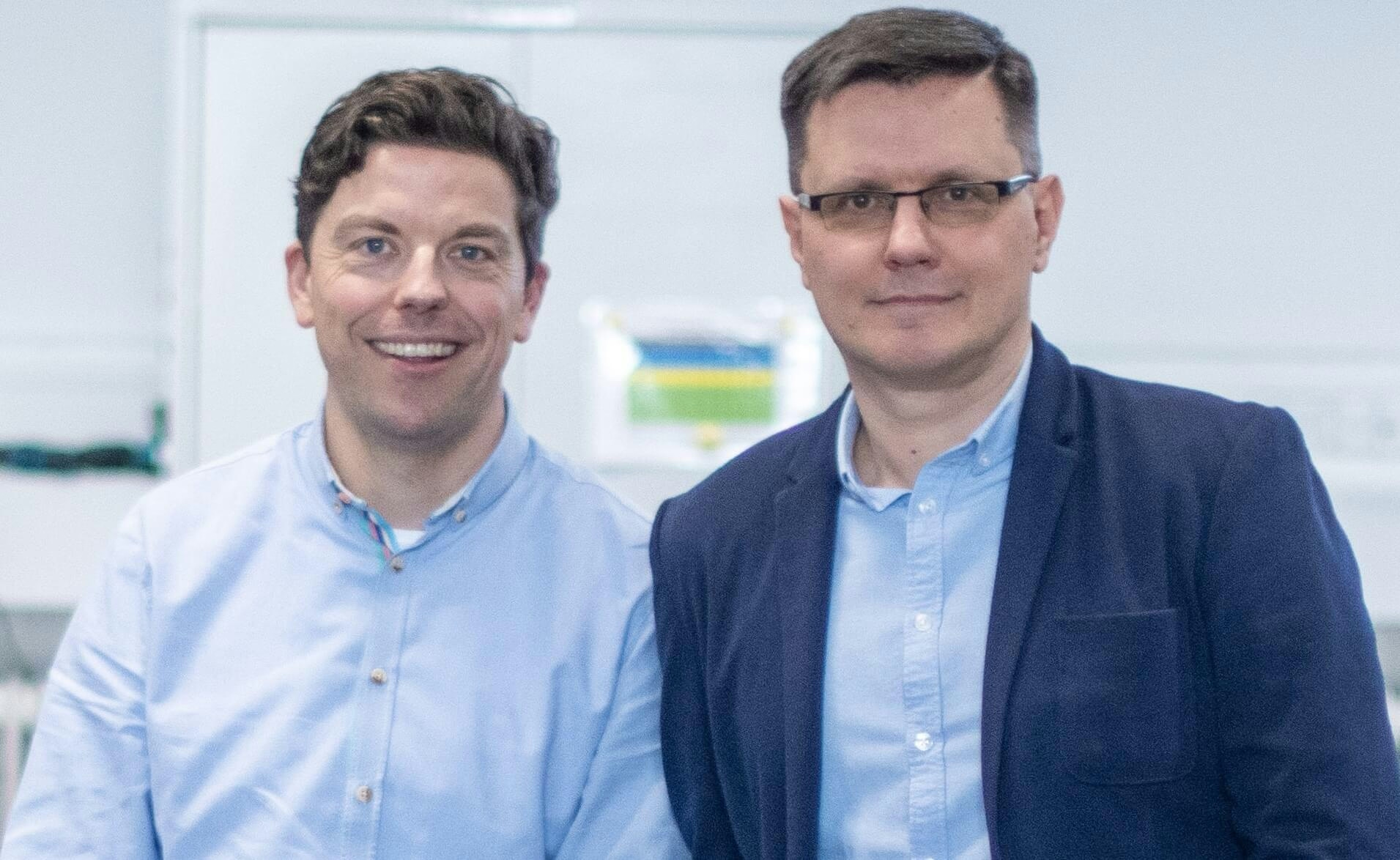
Dr. Vladislav Apostolyuk Named CTO of Volz Servos
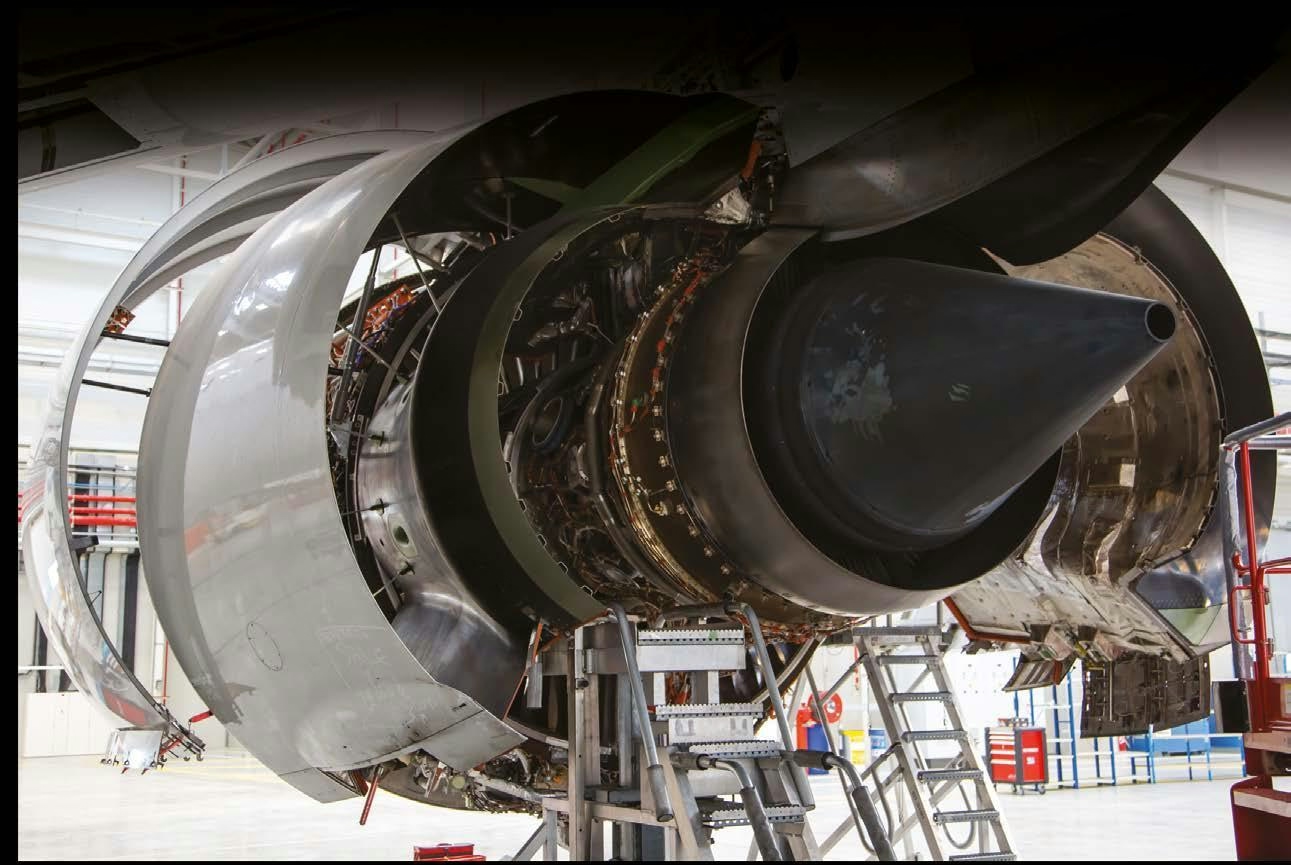
Setna iO Expands Teardown Portfolio with B737-700 and CFM56-7B
